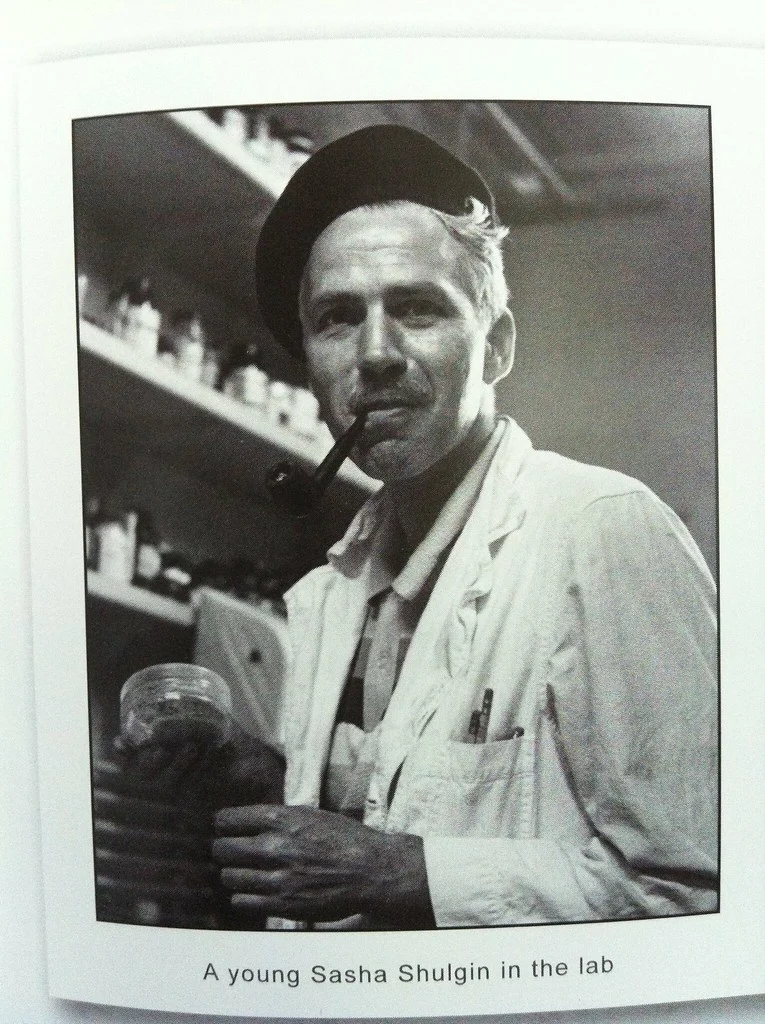Awakn Life Sciences receives UK state funding for ketamine therapy program; study suggests microdosing psilocybin can improve mental health.
Awakn Life Sciences (NEO: AWKN) (OTCQB: AWKNF) received UK state funding to identify a pathway to market for its ketamine-assisted therapy for alcohol use disorder program. The funding came from Innovate UK, which is the UK’s national innovation agency. Click here for the full details: https://www.newsfilecorp.com/release/129922/Awakn-Life-Sciences-Receives-UK-State-Funding-to-Identify-Optimal-Pathway-to-Market-in-UK-US-for-Its-Lead-Clinical-Development-Program-KetamineAssisted-Therapy-for-Alcohol-Use-Disorder
It continues to be a contentious debate, but a new study suggests that psilocybin microdosers demonstrate greater observed improvements in mood and mental health at one month relative to non-microdosing controls. Here’s more: https://www.nature.com/articles/s41598-022-14512-3
Ever wonder what trained psychiatrists and psychotherapists feel about psilocybin and psilocybin-assisted therapies? Researchers sought to answer this question and their published results indicate that while the knowledge of surveyed participants was low, many considered treatment of depression with psilocybin to be promising. Here’s more: https://europepmc.org/article/med/35724682
Did you know that MDMA gained popularity after a similar drug was outlawed?
MDMA was first synthesized in 1912, but it didn’t take off until chemist Alexander Shulgin tested the drug on himself in 1976. Shulgin introduced it to psychotherapist Leo Zeff the following year. Zeff started telling his colleagues about the drug’s therapeutic potential, and before long MDMA had spread around the US.
A different drug, MDA, was first synthesized in 1910. It was being tested on human subjects by 1941, including as part of the CIA’s infamous MKUltra program. MDA became popular recreationally in the 1960s, and it was banned along with other drugs like marijuana and LSD in 1970.
MDMA is the N-methylated derivative of MDA, and Shulgin synthesized it after hearing from a student that the two had similar effects. MDMA would suffer the same fate as its predecessor in 1985, but whereas the later drug is now considered a promising treatment for PTSD, little research is being conducted into MDA’s possible benefits. One study from 2010 did conclude, however, that “MDA is a potential tool to investigate mystical experiences and visual perception.”
You can read more about Shulgin and the early history of MDMA here.
